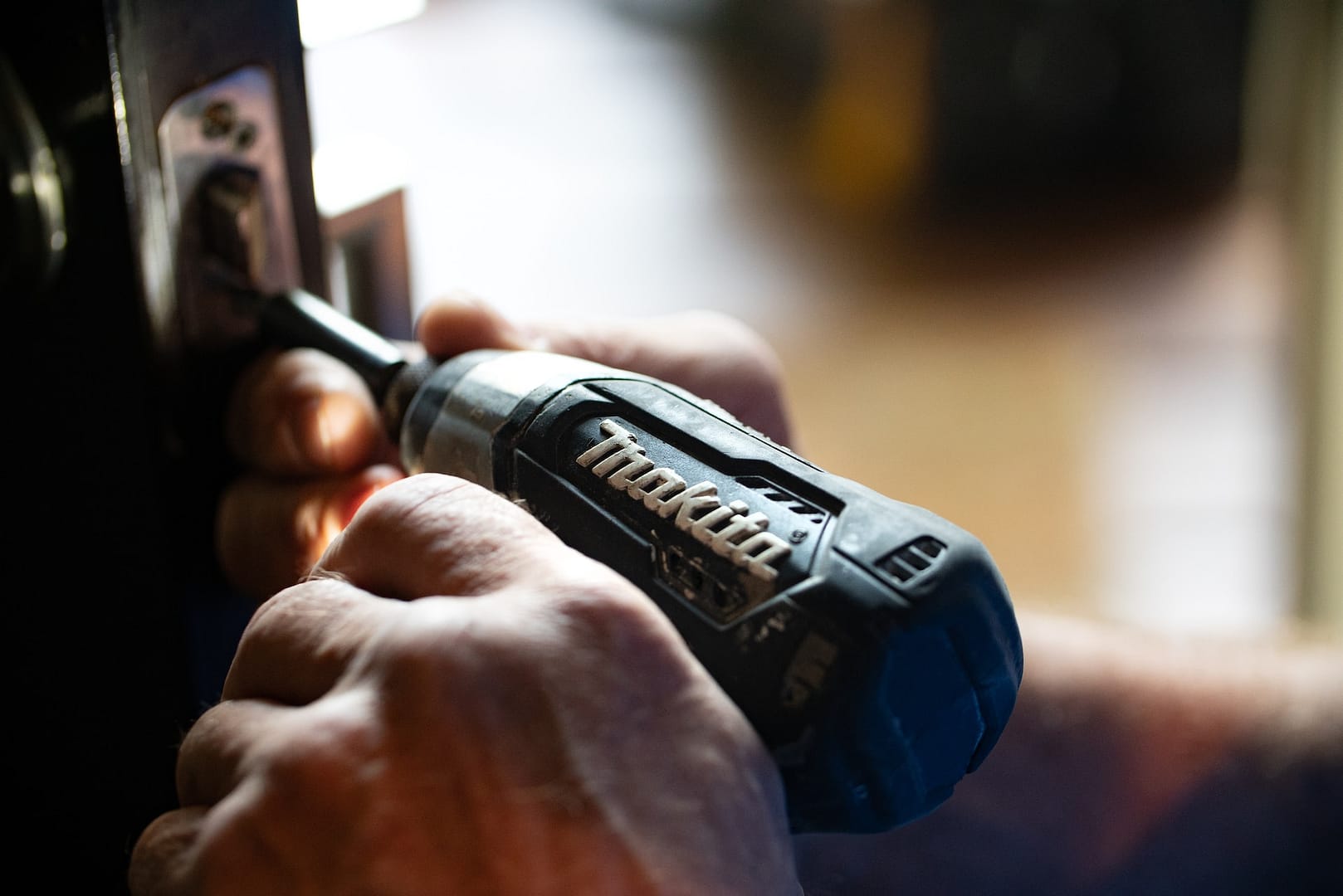In the realm of property management, one must navigate the intricate maze of maintenance and repairs. You’ve probably heard these terms thrown around: routine maintenance, emergency repairs, planned maintenance, and routine repairs. But what do they all mean? What sets them apart from one another, and why should you care?
Let’s embark on a journey to unravel the mysteries of “Emergency Repairs vs. Routine Maintenance” and gain a clearer understanding of the differences between these critical aspects of property upkeep. We will also highlight what you should do to start a housing disrepair claim.
Understanding Routine Maintenance
Before we delve into the distinctions, let’s establish a solid foundation. Routine maintenance, sometimes referred to as planned maintenance or scheduled maintenance, is the proactive and periodic upkeep of a property or asset. Think of it as the regular check-ups you have with your doctor to prevent potential health issues. Routine maintenance is essential for the health and longevity of a property.
Speak to An Expert About Your Claim
Routine Maintenance Characteristics:
- Planned: It is scheduled in advance based on manufacturer recommendations, industry standards, or the property’s specific needs.
- Preventive: The primary goal is to prevent issues from arising in the first place. Regular inspections and small fixes are common components.
- Predictable Costs: Since routine maintenance is planned, the costs are predictable, allowing for budgeting and financial planning.
- Scheduled Downtime: In most cases, routine maintenance does not disrupt daily operations significantly.
- Examples: Changing air filters, lubricating machinery, painting, and annual HVAC servicing.
Now that we have a grasp of routine maintenance let’s shift our focus to routine repairs.
Routine Repairs: Part of Routine Maintenance
Routine repairs are a subset of routine maintenance. They are the corrective actions taken during planned maintenance checks when issues are identified. Imagine you go for your regular dental check-up, and the dentist discovers a small cavity. The filling procedure to fix the cavity is a routine repair within the broader context of your dental health, just like fixing a leaky faucet during a routine plumbing inspection.
Routine Repair Characteristics:
- Responsive: These repairs are in response to identified issues during scheduled maintenance checks.
- Preventive: Like routine maintenance, routine repairs aim to prevent minor issues from escalating into major problems.
- Cost-Effective: Catching and fixing problems early is typically more cost-effective than waiting for them to worsen.
- Scheduled: They are planned and conducted as part of the routine maintenance schedule.
- Examples: Fixing a leaky roof, repairing a malfunctioning HVAC component, or patching up cracks in walls.
Routine maintenance and routine repairs are like twin pillars of property care. They work hand in hand to keep your property in tip-top shape and ensure that small issues don’t spiral into significant problems.
Emergency Repairs: The Unplanned Saviours
Now, let’s shift our focus to the more urgent side of property upkeep – emergency repairs. These are the unexpected events that demand immediate attention and action. Emergency repairs are the unscheduled, unplanned heroes that swoop in when something goes terribly wrong. They are the paramedics of property management, here to save the day when disaster strikes.
Emergency Repair Characteristics:
- Unplanned: Unlike routine maintenance, emergency repairs are not scheduled. They arise suddenly and require immediate action.
- Reactive: They are responses to critical situations that threaten property integrity, safety, or functionality.
- Unpredictable Costs: Since emergencies cannot be foreseen, the costs associated with emergency repairs are often unpredictable and may strain budgets.
- Urgent: These repairs need to be addressed urgently to mitigate damage, safety hazards, or operational disruptions.
- Examples: Fixing burst pipes, repairing a broken heating system in the dead of winter, or dealing with a severe roof leak during a rainstorm.
To illustrate the difference between routine maintenance, routine repairs, and emergency repairs, let’s consider a hypothetical scenario involving a commercial property in the UK.
Speak to An Expert About Your Claim
Why Understanding the Difference Matters
Understanding the distinctions between routine maintenance, routine repairs, and emergency repairs is crucial for property managers, homeowners, and anyone responsible for property maintenance. Here are a few key reasons why it matters:
Cost Management
Knowing the difference helps in budgeting and cost management. Routine maintenance and routine repairs are planned and predictable, allowing property owners to allocate resources accordingly. Emergency repairs, on the other hand, can be financially challenging due to their unpredictability.
Safety and Damage Prevention
Routine maintenance and routine repairs are proactive measures that help identify and address issues before they become safety hazards or cause extensive damage. Recognising the urgency of emergency repairs is vital to mitigate potential harm to occupants and property.
Operational Continuity
For businesses and commercial properties, understanding the difference is crucial to ensuring uninterrupted operations. Routine maintenance and repairs help maintain the functionality of critical systems and prevent costly downtime.
Long-Term Property Value
Consistent routine maintenance and timely routine repairs contribute to the long-term value of a property. Neglecting them can lead to a decrease in property value and potential legal liabilities.
Making a Housing Disrepair Claim with National Claims
At National Claims, we understand that property maintenance can sometimes be a complex and daunting task. When routine maintenance, routine repairs, or emergency repairs are neglected by landlords or property management companies, tenants can face discomfort, health hazards, and potential legal issues.
If you’re a tenant in the UK living in substandard conditions due to disrepair issues such as dampness, leaks, heating problems, or structural defects, you have the right to make a housing disrepair claim. National Claims is here to help you navigate the claims process and seek the compensation and repairs you deserve.
Note: You can only make a claim if you are currently living in social housing.
Here’s how we can assist you in making a housing disrepair claim:
1. Assessment:
Our expert team will assess the extent of disrepair and its impact on your living conditions.
2. Documentation:
We’ll help you gather evidence, including photographs, correspondence with your landlord, and any medical records related to health issues caused by disrepair.
3. Legal Representation:
National Claims will provide you with experienced solicitors who specialise in housing disrepair claims. They will represent your interests and negotiate with your landlord’s legal team.
4. Compensation:
Our goal is to secure compensation for you, covering any inconveniences, health problems, or financial losses you’ve experienced due to disrepair.
5. Repairs:
We’ll work to ensure that the necessary repairs are carried out promptly, restoring your home to a safe and habitable condition.
If you find yourself living in a property that’s fallen into disrepair, don’t hesitate to contact National Claims. We’re here to support tenants in the UK and help them secure the justice and repairs they deserve.

Conclusion
In the world of property management, understanding the difference between routine maintenance, routine repairs, and emergency repairs is paramount. These distinct categories serve unique purposes, from proactive upkeep to addressing unforeseen crises. As property owners and managers, being well-versed in these distinctions enables you to make informed decisions, budget effectively, and safeguard your property’s integrity and value.
Additionally, if you’re a tenant facing housing disrepair issues in the UK, National Claims is your ally in seeking justice, compensation, and timely repairs. Your home should be a place of comfort and safety, and we’re here to make sure it stays that way.
Contact us today to start your claim and speak to one of our experienced claims specialists to help you get started with your housing disrepair.
Click below to see why we are one of the most trusted claims management companies in the UK.

We’re proud of our excellent customer reviews
We thrive on delivering exceptional service and ensuring our clients’ satisfaction. Don’t just take our word for it. Check out some of our independent reviews to see what our clients have to say.
Excellent

This firm is excellent, they sorted out my car pay out and injury claim very fast, they always communicate with you all the time.

My accident case was dealt with confidence and with great result of the outcome, especially James kept me informed all the time.

I was very impressed at the way my inquiry was treated. I was listened to attentively and everything I needed to know was explained to me.






